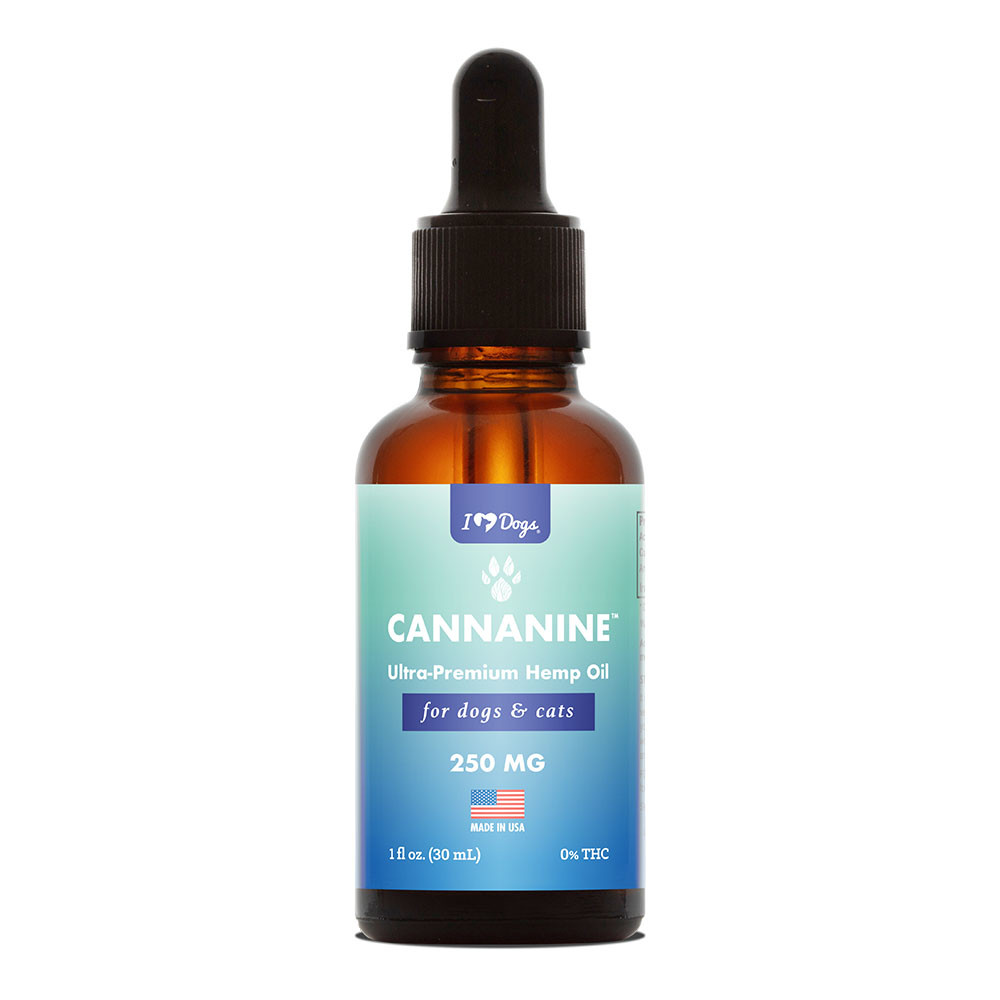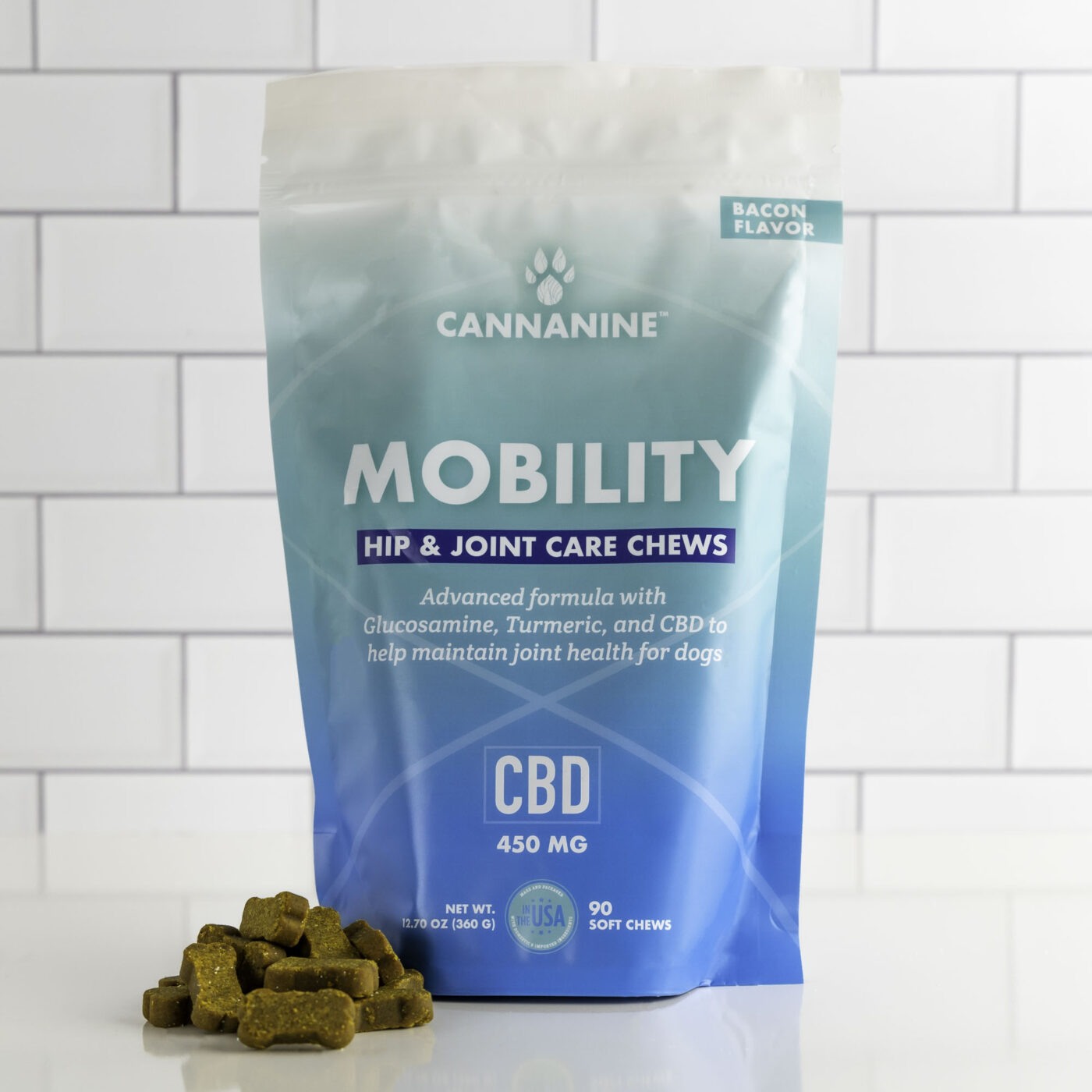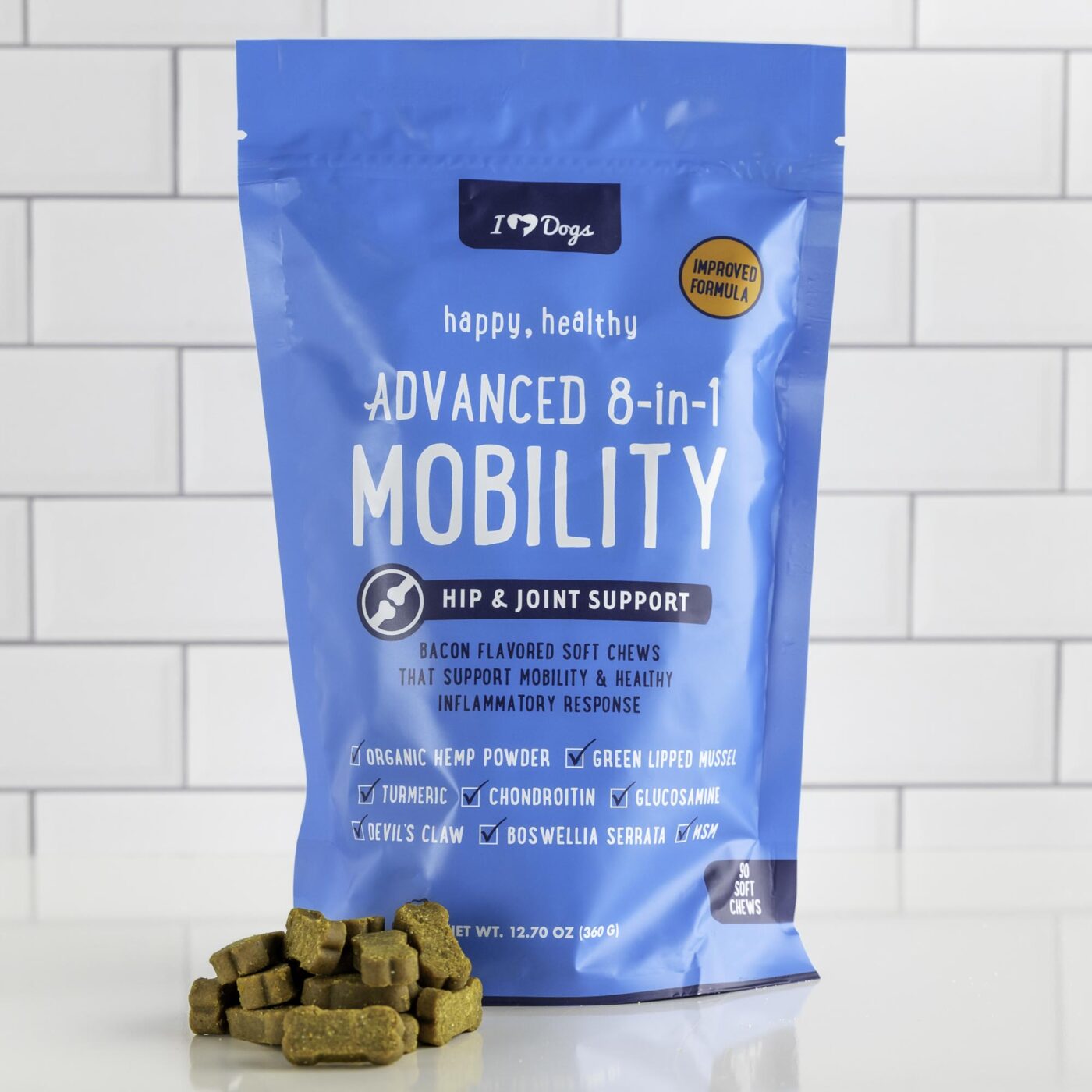Best Vitamins & Supplements For Dachshunds

What supplements should I be giving my Dachshund?
Every dog breed would benefit from a daily supplement. But not every breed is prone to the same health issues. So it is important to evaluate which supplements are tailored to the health issues your dog is most prone to having. There are a few key supplements that would benefit Dachshunds. This breed is more prone to back issues because of their long bodies and short legs. They also are more prone to skin allergies. Because of this, consider giving your dachshund these supplements below:
Hip and Joint Support Supplement: This is especially important because Dachshunds are more likely to develop Intervertebral Disk Disease as well as arthritis. They may also develop joint issues from simply having such small legs and larger bodies and their legs carrying more than they can handle.
Allergy and itch relief supplements: These supplements are good for your Dachshund because they help soothe irritated skin, boosts immune system, and helps reduce skin inflammation.
Dog Food Toppers: an easy thing to add to your Dachshunds diet if your dog does not like the taste of a pill or chews. Simply measure out the suggested dose for your dogs weight and place it on top. Viola! Dog Food Toppers are packed with a well rounded amount of vitamins and nutrients. Not to mention, they are also a tasty treat.iHeartDogs Dog Food Toppers contain the right supplements to help your dogs heart health, joint health, skinhealth and immune health.
Hemp Oil: also a great daily supplement to give your Dachshund because it is an all natural alternative to NSAID’s. Hemp Oil reduces inflammation, antianxiety, and helps relieve dry or itchy skin. When finding the right Hemp oil for your dog, be sure it does not contain THC. THC is very toxic and unsafe for your dog to ingest.
Do Dachshunds need supplements?
Dachshunds are one of the most intelligent dog breeds out there. They are known to be hunting dogs and love to play chase, especially with animals smaller than them. Despite their very active lifestyle, they are still prone to health issues such as Intervertebral disk disease (IVDD). IVDD is caused by their long spine while still maintaining a short rib cage. IVDD accounts for 20 to 25 percent of dachshunds. There is no cure or IVDD but there are treatments available that include NSAID’s. However, NSAID’s can cause harmful side effects.
Giving your dachshund a daily supplement would help exponentially to prevent or slow down the possibility of developing IVDD. Dachshunds can start taking supplements as early as twelve months old or when they are completely grown to their full adult size. Supplements that are for joint health as well as an all around multivitamin will help strengthen your dogs joints, act as an anti inflammatory, and boost their immune system. It is always important to check with your veterinarian prior to starting a daily supplement for your dog.
Is glucosamine good for Dachshunds?
Pure breeds are more prone to develop joint issues than mixed breed dogs. They are unsure exactly the cause of it. Some veterinarians and breeders believe this could be caused from inbreeding or from too frequent of breeding. Dachshunds are prone to problems with their eyes, joints, spine, and skin.
Glucosamine is a great supplement that will help with all their common health issues. Glucosamine works by lubricating your dogs joints as well as reducing inflammation of the joints. It can also help repair cartilage.
Consider giving your dachshund a supplement that contains not only Glucosamine but one that contains Chondroitin as well. These two supplements complete each other to create the perfect supplement for your dogs joints. Chondroitin, similar to Glucosamine, helps relieve inflammation and therefore reduces pain. The great thing about a joint supplement is that it does not mask the issues like NSAID’s might do, it helps repair the joints and slow the breakdown of cartilage. NSAID’s only work to reduce the symptoms of joint pain, but not provide lasting benefits like a supplement would.
How do I keep my Dachshunds back healthy?
Back problems account for twenty to twenty five percent of all dachshunds, so it is important to keep your dogs back healthy. Fortunately there are things that you can do to help your dog live a healthy life.
Keeping your Dachshund a healthy weight is essential to help with back issues. There are two common sizes of a dachshund miniature and standard. A miniature dachshund should weigh around eleven pounds. A standard dachshund should be between 16 and 32lbs. Imagine carrying extra weight while having smaller legs.
Dachshunds are a very active breed. They love to chase and run around. Standard dachshunds need around sixty minutes, and miniature dachshunds need around thirty minutes of exercise every day. Be mindful of over exercising your puppy before their growth plates have closed which is around 12 months. If you over exercise your puppy it could lead to poor back development and turned out feet.
Dachshunds need a proper diet that contains just the right balance of nutrients and calories. Dachshunds may be active but they are more prone to become overweight due to their small legs and long bodies. Because of this, it makes it harder for them to exercise and move around. Maintaining a healthy diet and feeding schedule will allow your dog to get all the vitamins they need and reduce overeating.
Lastly, giving your Dachshund a hip and joint supplement will help your dog tremendously. Hip and joint supplements that contain Glucosamine and Chondroitin are the perfect pair to help your dogs back health. A joint supplement works by lubricating your dogs joints and also slow the breakdown of cartilage. With joint supplements, prevention is key. It is best to start them before your Dachshund develops back pain.
Why do dachshunds drag their back legs?
Degenerative Myelopathy causes Dachshuds to start to drag their hind legs over time. DM usually occurs in middle to senior ages in dogs’ lives. Once diagnosed, a dog could have between six months to three years left to live. This disease affects the spinal cord and causes the spine to deteriorate over time. The deterioration causes the hind limbs to weaken. This weakening of the hind limbs causes their hind paws to turn under which causes them to walk on their knuckles.
Keep an eye out for the early signs of Degenerative Myelopathy so you can work with your veterinarian to come up with the best plan for your pup. Early detection is important.
- Turning under of paws
- Pain when getting up or laying down
- Reduced movement and lack of exercise
- Dragging of hind paws on the ground when walking
- Dogs balance is off
How can you treat Degenerative Myelopathy?
While there is no cure for Degenerative Myelopathy, there are things you can do to help your dog not suffer the side effects and symptoms of DM. Treating the problems associated with DM is the key to helping your pup.
Physical Therapy for your dog is a great option to help your pup adjust to DM. Physical therapy will help get your pup on their feet and moving in a safe and effective way. It is important to help your dog get on their feet and give them as much exercise as they can tolerate. With physical therapy, this can help your dog with the quality of life and help slow down the breakdown of their muscle mass.
Finding a good hip and joint supplement will greatly help your Dachshund with the pain associated with the degeneration of their spine. Make sure the joint supplement contains both Glucosamine and Chondrotin. These two supplements work best together to make the perfect joint supplement. Having one or the other may not provide the best benefits that you could get from a joint supplement. A joint supplement will help lubricate your dogs joints and help strengthen their cartilage between the joints as well.
Consider giving your dog Hemp oil. Hemp oil has been found to help lessen their pain receptors but in a natural way. Hemp oil aids in the endocannabinoid receptors. These receptors help us maintain homeostasis and help with pain. Hemp oil is a great alternative to NSAID’s. NSAID’s have been known to cause negative side effects to dogs. Hemp oil helps reduce inflammation, rebuild cartilage and help with pain receptors.
#1: For Maximum Efficacy, Choose a Supplement for Your Dachshund with Multiple Active Ingredients
When most people think of a joint supplement for their dachshund, glucosamine comes to mind. And while glucosamine is the most popular active ingredient, other powerful nutraceuticals include MSM, chondroitin, and turmeric (curcumin). If your supplement contains only one or two of these, you may be missing potential benefits. Different dogs respond to different treatments, so when in doubt, offer a broad spectrum of nutrients.
#2: Always Check The Amount of Active Ingredients
If the quantity of active ingredients (in milligrams) is not made available, the product likely contains low levels that are unlikely to have a therapeutic effect on your dachshund’s joints. As a rule of thumb, your dog should receive 20 mg of glucosamine daily for each pound they weigh. Budget oriented joint supplements (often in the $15-20 a bottle range) often contain levels too low to make any serious impact on your dog’s joint health. In addition, dry dog food manufacturers have begun including trivial amounts of glucosamine in their products in an attempt to woo consumers. Make sure your dog receives enough to matter!
#3: Always Buy Supplements for Dachshunds Made In USA
While you’d expect that most pet stores would have transitioned to only carrying consumable products that are made in the USA, this is simply not the case. Many budget oriented pet stores, online retailers, and grocery stores still carry inferior supplements made in factories outside the USA with far lower production standards.
#4: Decide If You Want An Arthritis Supplement with or Without Hemp for Your Dachshund
The last few years has brought about exciting advancements in the use of Hemp for dogs. Several clinical trials have shown Hemp can improve the mobility of arthritic dogs. Some brands have begun to offer their Hip & Joint supplements with Hemp or without Hemp.
#5: Results Will Vary Based on Your Dachshund’s Age and Condition
Ideally, a joint supplement regimen should begin before signs of pain are present in your dacshund. (ideally around 5 years of age, although large breeds may need earlier) In reality, however, we often don’t consider the need until signs of pain are apparent. If your dog is already showing signs of distress, a joint supplement can still offer substantial relief. However, it may take 1-2 months to show signs of improvement.
#6: Taste and Format Matters
The best joint supplement in the world is worthless if your dog refuses to eat it. The most popular formats of delivery for joint supplements are liquid, tablet chews, and soft chews, each with their own benefits and drawbacks. When it comes to palatability, soft chews and liquids tend to please the most canine palates. Because a soft chew can contain a wider variety of nutraceuticals (see item #1) it’s our preferred method.
B Joint & Joint Supplement for Dachshunds
Our research in hip & joint supplements for dogs led us to develop & recommend natural dog hip & joint supplements as well as hemp oil for dogs and anxiety supplements for dogs. An added bonus of this brand is that each purchase goes towards helping provide food for animal shelters in need.
Top 9 Pet Insurance Plans for Dachshunds (2022)
- Best Joint Supplement for Dogs
- Best CBD Gummies for Dogs
- Goat's Milk for Dogs
- Skin & Coat Supplements for Dogs
- Weight Gain Supplements for Dogs
- Muscle Building Supplements for Dogs
- Heart Supplements for Dogs
- Multivitamins for Dogs
- Pill Pockets for Dogs
- Digestive Enzymes for Dogs
- Turmeric for Dogs
- Liver Supplements for Dogs
- Tear Stain Supplement for Dogs
- Breath Fresheners for Dogs
- Kidney, Urinary, & Bladder Supplements for Dogs
- Stool Eating Deterrent for Dogs
- Eye Supplements for Dogs
- Melatonin for Dogs
- Apple Cider Vinegar for Dogs
- Green Lipped Mussels for Dogs
- L Theanine for Dogs
- Chondroitin Supplements for Dogs
- MSM for Dogs
- Valerian Root for Dogs
- Chamomile for Dogs
- Boswellia for Dogs
- L Tryptophan for Dogs
- Yucca for Dogs
- Licorice Root for Dogs
- Bromelain for Dogs
- Papain for Dogs
- Devil's Claw for Dogs
- Quercetin for Dogs
- Hemp gummy for dogs
- Best Hemp Dog Treats
- Best Hemp Oil for Dogs
- Best Calming Treats, Chews, & Supplements for Dogs
- Best Bone Broth for Dogs
- Best Fish Oil for Dogs
- Best Probiotics for Dogs
- Best Hip Dysplasia Supplements for Dogs
- Best Colostrum for Dogs
- Best Quercetin for Dogs
- Best Greens for Dogs Supplements
- Best Vitamin C Supplements for Dogs
- Best Probiotic for Dog with Allergies
- Best Taurine Supplements for Dogs
- Best Dog Food Toppers
- Best Anal Gland Supplement for Dogs
- Best Dog Probiotic Powder
- Best CoQ10 Supplement for Dogs
- Best Liquid Glucosamine for Dogs
- Best Wrinkle Creams, Balms, and Wipes for Dogs
- Best Puppy Calming Treats
- Best Colloidal Silver for Dogs
- Best Adaptogen Supplements for Dogs
- Best Cognitive Supplements for Dogs
- Best Bee Pollen for Dogs
- Best Vitamin A Supplements for Dogs
- Best Vitamin E Supplements for
- Best Liquid Glucosamine Supplements for Dogs
- Best SAM-e Supplements for Dogs
- Best Hyaluronic Acid Supplements for Dogs
- Best Apple Cider Vinegar Supplements for Dogs
- Best Diarrhea Medicine for Dogs
- Best Milk Thistle for Dogs
- Best Turkey Tail Mushroom Supplements for Dogs
- Best Astaxanthin Supplements for Dogs
- Best Lutein Supplements for Dogs
- Best Electrolyte Supplements for Dogs
- Best Coconut Oil for Dogs
- Best Prenatal Vitamins for Dogs
- Best Puppy Milk Replacements
- Best Iron Supplements for Dogs
- Best Dewormer Products for Dogs
- Best Mange Medications for Dogs
- Best Cough Relief Products for Dogs
- Best Sinus Relief Products for Dogs
- Best Collapsed Trachea Supplements for Dogs
- Best Fireworks Anxiety Relief Products for Dogs
- Best Thunderstorm Anxiety Relief Products for Dogs
- Best Travel Anxiety Relief Product for Dogs
- Best Supplements for a Dog with a Torn ACL
- Best Supplements for a Dog with Patellar Luxation
- Best Supplements for a Dog with Intervertebral Disc Disease
- Best Zinc Supplements for Dogs
- Best Biotin Supplements for Dogs
- Best Tart Cherry Supplements for Dogs
- Best Resveratrol Supplements for Dogs
- Best Ginkgo Biloba Supplements for Dogs
- Best Ashwagandha Supplements for Dogs
- Best Supplements for Dogs with Cushing's Disease
- Best Adrenal Supplements for Dogs
- Best NAD+ Supplements for Dogs
- Best NMN Supplements for Dogs
- Best Supplements for Dogs with Dementia
- Best Supplements for Dogs with CCD(Canine Cognitive Dysfunction)
- Best Fiber Supplements for Dogs
- Best Spirulina for Dogs
- Best Hairball Remedies for Dogs
- Best Eye Drops for Dogs with Allergies
- Best Magnesium Supplements for Dogs
- Best Brushes for Double-Coated Dogs
- Best Dandelion Root Supplements for Dogs
- Best Probiotic for Dogs with Yeast Infections
- Best Flaxseed Oil for Dogs
- Best Chamomile Supplements for Dogs
- Best Lavender Supplements. Treats & Sprays for Dogs
- Best Collagen Supplements for Dogs
- Best Kelp Supplements for Dogs
- Best Activated Charcoal for Dogs
- Best Slippery Elm Supplements for Dogs
- Best Supplements for Dogs with Seizures & Epilepsy
- Best Antioxidant Supplements for Dogs
- Best Ubiquinol Supplements for Dogs
- Best Hormone & Glandular Supplements for Dogs
- Best Thyroid Supplements for Dogs
- Best Iodine Supplements for Dogs
- Best Dog Shedding Supplements for Dogs
- Best Detox Supplements for Dogs
- Best Postbiotics for Dogs
- Best Aspirin Products for Dogs
- Best Dog Anti-Nausea Products
- Best Dog Mouthwashes
- Best Camelina Oils for Dogs
- Best Hemp Seed Oils for Dogs
- Best Natural Anti-Inflammatories for Dogs
- Best Cancer Supplements for Dogs
- Best Sardine & Anchovy Oils for Dogs
- Best Fatty Acid Supplements for Dogs
- Best Chia Seed Supplements & Treats for Dogs
- Best Olive Oils for Dogs
- Best Amino Acid Supplements for Dogs
- Best Moringa Supplements for Dogs
- Best Echinacea Supplements for Dogs
- Best Cranberry Supplements for Dogs
- Best D-Mannose Supplements for Dogs
- Best Nettle Leaf Supplements for Dogs
- Best Marshmallow Root Supplements for Dogs
- Best Astragalus Supplements for Dogs
- Best Pumpkin Seed Supplement for Dogs
- Best Supplements for a Dog Wetting The Bed
- Best Blueberry Supplement for Dogs
- Best Bromelain Supplements for Dogs
- Best Yucca Supplements for Dogs
- Best Ginger Supplements for Dogs
- Best Rosehip Supplements for Dogs
- Best Allergy Medicines for Dogs
- Best Reishi Mushroom Supplement for Dogs
- Best Maitake Mushroom Supplement for Dogs
- Best Chaga Mushroom Supplement for Dogs
- Best Shiitake Mushroom Supplement for Dogs
- Best Cordyceps Mushroom Supplement for Dogs
- Best Lion's Maine Supplement for Dogs
- Have question? - Ask in our Dog Health Forum
- CBD for Dachshunds: What You Need to Know
- Best Supplements for a Senior Dachshund
- Best Flea & Tick Products for Dachshunds
- Best Dog Foods for Dachshunds
- Best Online Dog Training Courses for Dachshund
- Best Hip & Joint Supplement for a Dachshund
- What Supplements Should I Give a Dachshund Puppy?
- The 9 Best Dachshund Puppy Foods
- Best Dog Beds for Dachshunds
- Improve Your Dachshund's Skin & Coat with This One Hack
- Giving This to Your Dachshund Daily Can Alleviate Itchy Allergies
- 6 Natural Ingredients to Fight Your Dachshund's Allergies
- 8 Ways to Stop Your Dachshund's Scratching
- 7 Ways to Calm Your Dachshund's Anxiety
- 6 Remedies for Your Dachshund's Diarrhea, Gas, or Vomiting
- 7 Best Dental Chews for a Dachshund





 Toledo, United States.
Toledo, United States.